‘I dread to think the homeland is drifting away’
By Ryann TanapAs a senior in undergrad, I am not ashamed to point out the obvious: I do not know what I am doing after graduation.
I am a second-generation Filipino American, and I have been confronted by the dilemma many times when my parents, titas, titos, and family friends interrogate me with the same questions:
“What are you taking?” they’d ask.
“International Relations and Middle Eastern Studies,” I’d reply with a hesitant, but confident smile.
“Oh, so you speak Uh-raa-bik?” they’d assume.
I usually nod and explain how I’ve taken four years of Arabic. I’ve even studied Moroccan and Iraqi dialects. The conversation usually leads to how I could
probably get a job as a translator working for the government or military, continue on to grad school with a focus in the Middle East, work for the State Department or an NGO based in DC. The list goes on. But just because I can, doesn’t mean I want to.
Growing up as the ‘ate’ of four siblings, it was always expected that I do one of three things: a) get a masters, b) go to law school, or c) go to med school. I’m not on the track for doing any of those things. At least, not for now.
The generational and cultural gap between me and my parents continues to gnaw at my inner core. The truth is, I am a Filipino American who has never been to the Philippines. Blasphemy, right? And to top it off, I have failed the test in speaking Tagalog. Sure, I understand words and general questions, but that’s only with the help of ‘Taglish’ and lip-pointing.
It wasn’t until I attended the First Annual UniPro Summit for Young Filipino Americans in New York City this past summer that I hit a wall of cultural disappointment, and was forced to deal with the glaring issue of a possible identity crisis. I have performed a traditional Filipino dance, I’m on the executive board of my university’s FilAm student organization, and I delight in the joys of halo-halo, lechon, and sisig. Am I really, by definition, a true Filipina although I have never set foot on Philippine soil?At the UniPro Summit, I met some of the most successful young professionals in my life. These incredible people had already done it all: They were grad students, doctors, lawyers, professional performers, actors, entrepreneurs, volunteers, and community organizers. Even though they were in my shoes not too long ago, they seemed to have their life all figured out. I knew, of course, that they are adults, and I’m still wading through the somewhat daunting, yet intriguing world of undergraduate school.
But next to them, I felt unaccomplished. This didn’t bother me for too long, however. It simply urged me to press forward and be even more invigorated by my desire to understand my heritage. While these remarkable individuals have displayed immense hours of hard work and determination to get to where they are today, I noticed they had paved their roads on their own. And who was I to judge them? I sometimes find myself speeding in the fast lane, but forgetting to fill up the tank before leaving. And watching them cruise at their own pace reminded me that I too have a road to explore, but I needed to do it by my own volition.
From then on, I decided that it was time to change gears and do something for me. After finishing up my summer internship with a non-profit organization in New York, I wanted to continue forging the relationships with people I met while there – including those I met through UniPro. Lucky for me, the aspect of community organizing and engagement was a common thread that I found with UniPro and with my internship. From this tiny, yet significant, spark, I understood that it was my duty to further light the fuse, and see where it would lead me.
This coming October, the Filipino American Student Association at the College of William & Mary is hosting UniPro’s founders Steven Raga and Bryan Lozano. They are two very influential individuals who have made serious headway in the academic and professional world. During October, also known as Filipino American Heritage Month, Steven and Bryan will be among the speakers on issues related to “The Intersection of Culture and Community Organizing: Filipino Americans in Action.” I hope that this event can shed light on the efforts of Filipino Americans today to give back to the global Filipino community.
With all of this in mind, and with new experiences added to my treasure trove of life, I have decided that I’m no longer going to go with the usual, “Yes, I take Arabic” automatic response. I want to go even further with my answer. I know now that I want to go to the Philippines, no matter the cost – whether that amount is in dollars, pesos, sweat, tears or hours of laughter. While I understand that you don’t have to be from the Philippines to say you’re a Filipino, I dread to think that my homeland is drifting away. With future generations becoming more integrated into American culture, I can see the Philippines becoming romanticized as “the motherland that I’ll never return to, but am still proud of.”
Thus, I will continue to seek out opportunities to understand and reconnect with my roots. No matter which path comes my way, I know I’ll be actively steering my course toward my heart, my homeland, and my happiness.
Ryann Tanap is an advocate for mental health and multicultural issues. She is a student blogger for the College of William & Mary in Williamsburg, Virginia. She keeps a blog where she writes a poem a day until she graduates in 2012. Her blog, at presstime, is on Day 151.

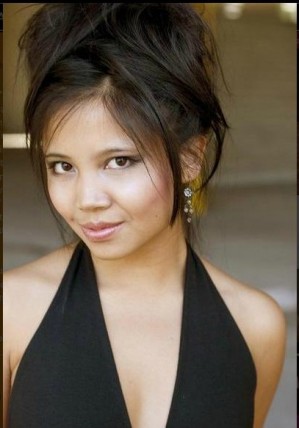

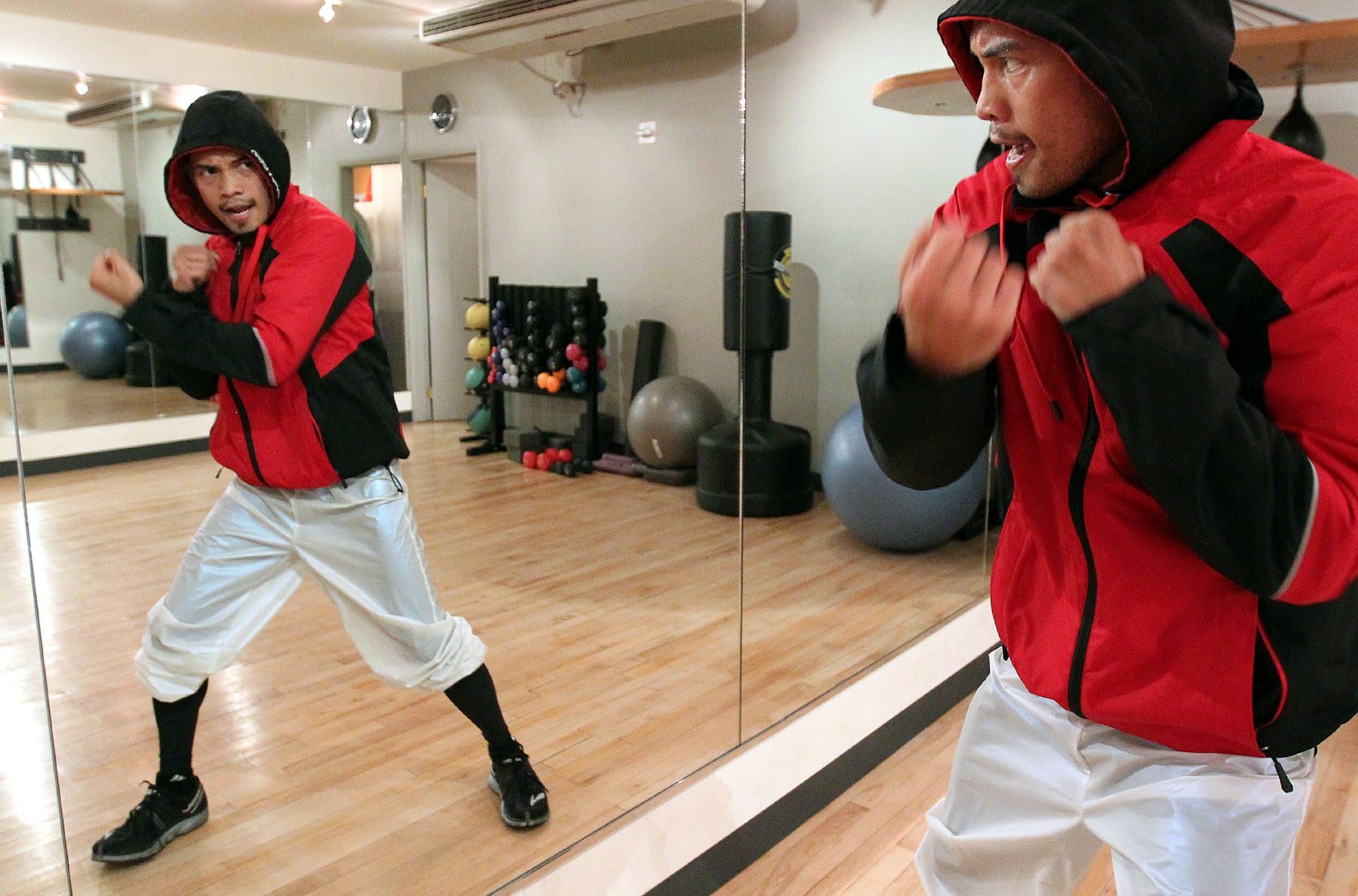



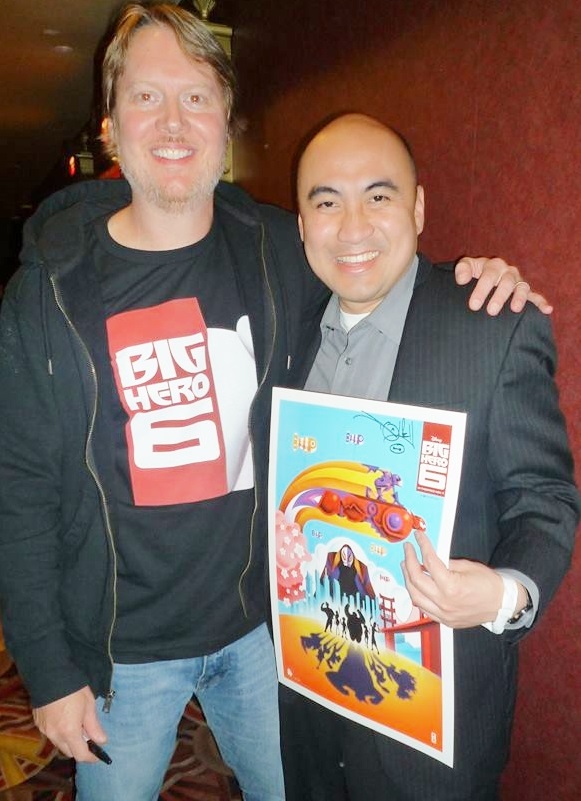
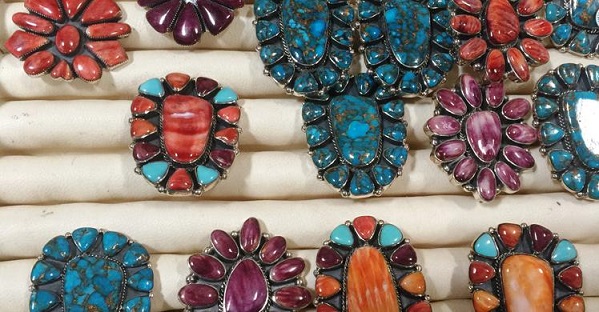
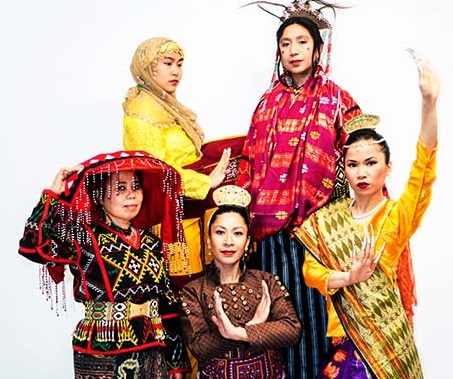
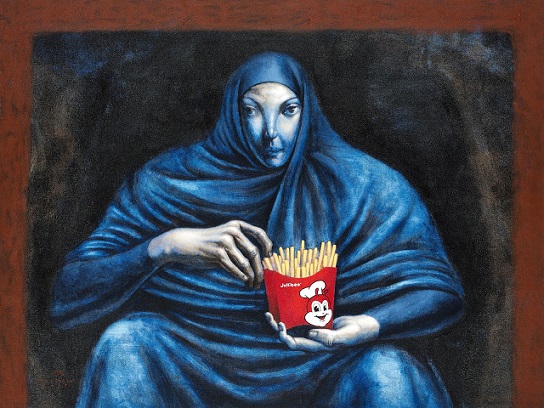
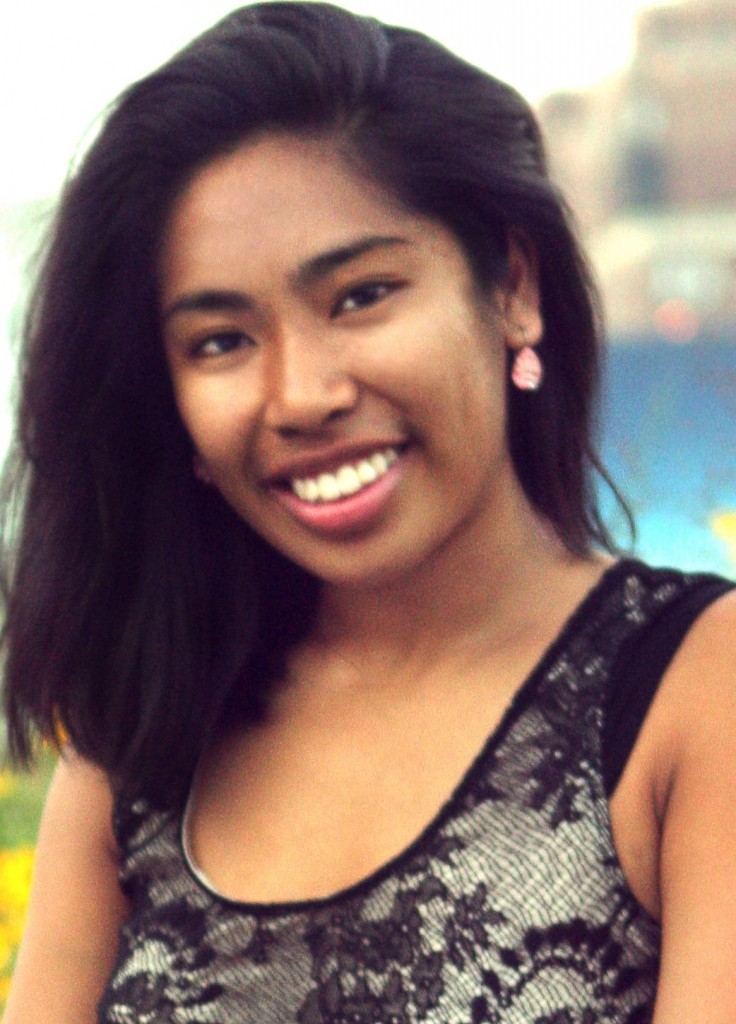
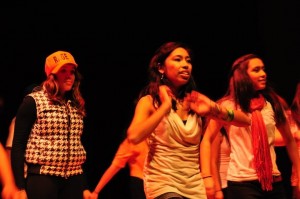

Hi, this is a great post! Thanks..
[…] “I dread to think the homeland is drifting away.” The Fil Am. September 2011. (article) […]
Well she can check the Philippines off that list.